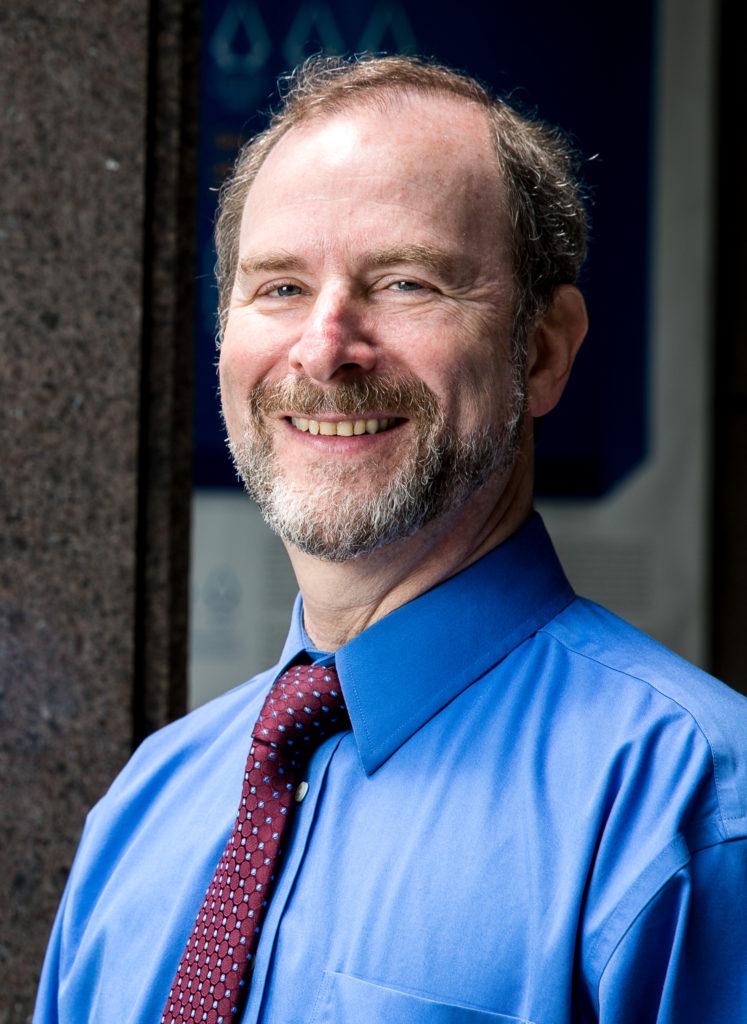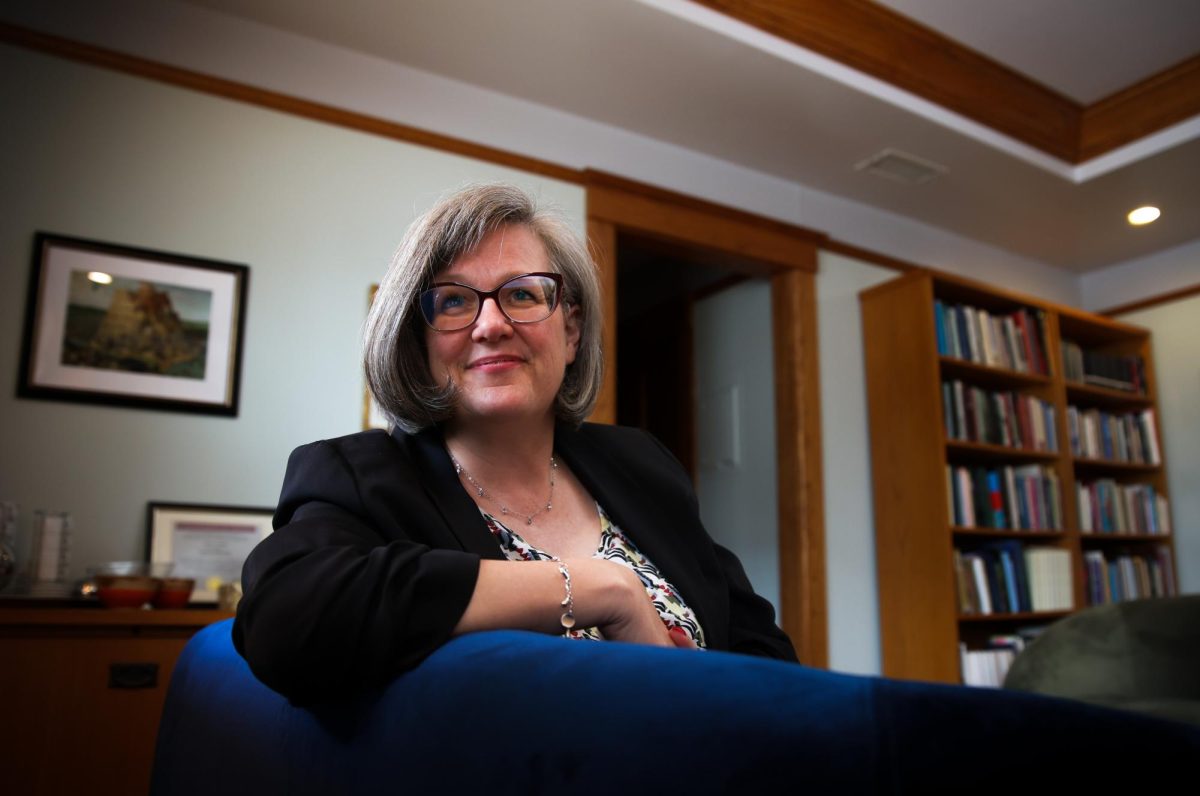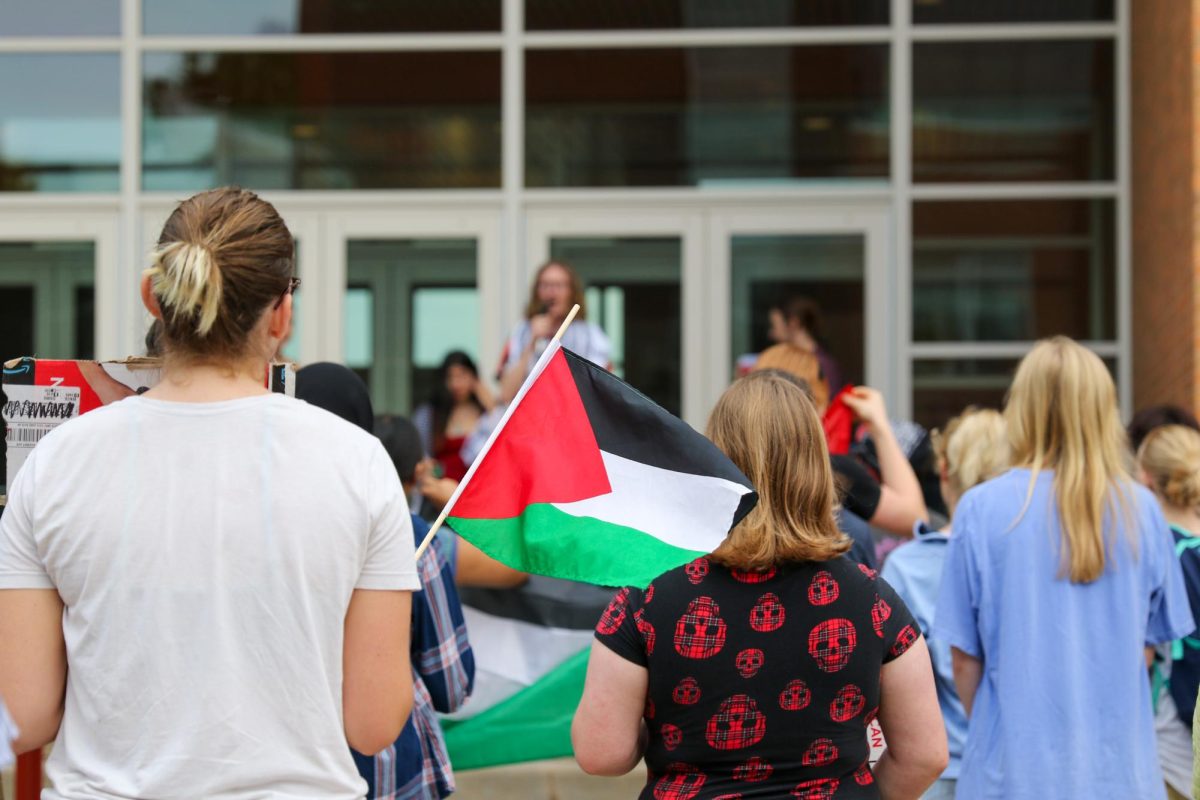Last spring, the student group Divest Grinnell demanded that Grinnell College take further action to lower the institution’s climate impact. In response, the Grinnell administration has formed the Fossil Fuels and Climate Impact Task Force, which recommends actions to the board of trustees. The task force is comprised of three alumni from of the board of trustees: task force leader Michael Kahn ’74, Ed Senn ’79 and Kathryn Mohrman ’67.
While Kahn is the leader of the task force, he described the group as highly collaborative and non-hierarchical.
“Everyone is being heard,” Kahn said. “Everyone is influencing how this [decision] is being shaped.”
Kahn is a senior managing director at TIAA, a financial services organization that is the leading provider of retirement services in the academic, research, medical and cultural fields.
An advisory committee has been created in conjunction with the Task Force to gather information for the Task Force from both sides of the divestment argument, as well as about ways to lower the College’s climate impact. The committee also hosts speakers in areas that pertain to climate action.
The advisory committee consists of faculty, students, staff and alumni. Professor Wayne Moyer, political science, acts as the liaison between the advisory committee and the Task Force.
“Part of what we do is what a staff does — provide them with information,” Moyer said. “But part of what we do is kind of act as an intermediary between the campus community and [the Task Force] … My job is to get them the information that they need … and what is made available to them gives them a very good sense of the breadth of opinion that is out there.”
“It’s a lot of reaching out to people,” said Sayles Kasten ’19, a member of the advisory committee. “And making sure things are going to get well publicized.”
Kasten was part of the team that led the divestment movement last spring, which is how he got a position on the advisory committee.
“We met with Raynard Kington to ensure we had representation,” he said.
Both the advisory committee and Task Force are in constant communication. The advisory committee meets every other week, and the Task Force sends daily emails, with a weekly call that includes Moyer.
“We don’t want to do a superficial or inadequate job on something that’s such an important issue,” Kahn said.
The advisory committee has planned three open dialogues to discuss Grinnell’s role in climate action. These dialogues will feature various speakers, receptions and free food. To make the trustees accessible to students and other members of the Grinnell community, the Task Force will attend all the events surrounding the dialogues. Open dialogues are scheduled for the week of Sept. 18.
The Task Force will create a report following the last open dialogue, in which they will include all their findings regarding the College’s potential courses of action addressing climate impact. All findings will be available to the public.
It is important to note that the Task Force and advisory committee are not only considering divestment.
“They’ll also be looking for other things we can do to reduce the campus carbon footprint, and they’re also looking for things we can do to strengthen the curriculum,” Moyer said.
The Task Force will present this report and their recommendations to the board of trustees in April 2018, and the board will then vote on their course of action.
“Whatever they decide is authoritative, that’s it,” Moyer said.
Kahn commented on the College’s “Divestment Sub-Policy,” which was written in 2017, and stipulates, among others, that in the event of divestment, a proposal to divest “must relate to a specific company or companies, and not to an entire industry.”
“The bar is set intentionally high for any divestment decision,” Kahn said. “That policy was meant to establish that divestment is possible, but we need to go through some real rigor to show that it is the appropriate thing to do. If we were to use our endowment primarily as a vehicle to express our shared values, rather than to be the principal source of funding to sustain the education mission of the College, we could have serious consequences in supporting many things that matter to us and would need to conclude that price is worth it. This doesn’t mean that our values have no place in how we invest, they certainly do, but the threshold for divesting needs to be a pretty high bar.”




























































